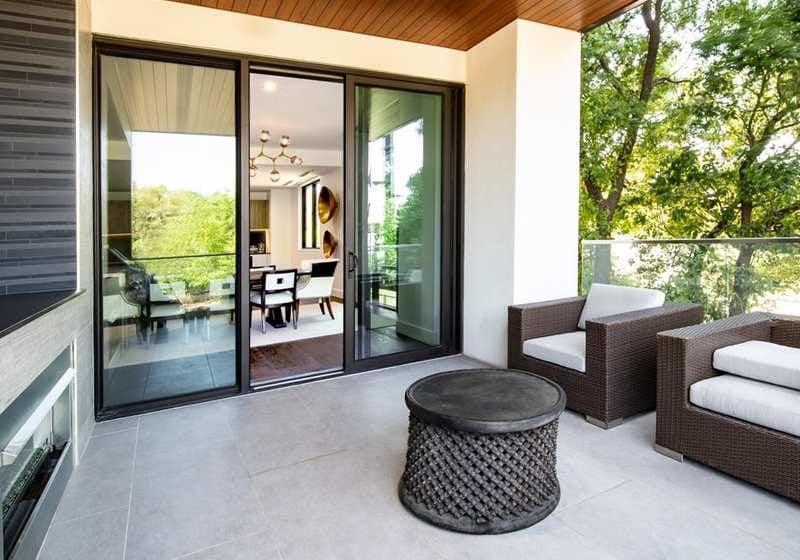When selecting the perfect screen door for your sliding doors, certain features stand out as essential for enhancing usability, security, and durability. This comprehensive guide delves into the top attributes you should consider to ensure that your screen door not only fits your practical needs but also complements your home’s aesthetics.
1. Material Durability
The material of your screen door is pivotal for both its longevity and performance. Aluminum, known for its strength and resistance to rust, makes for an excellent choice in various climates. Another popular option is vinyl, which offers great durability and minimal maintenance. When choosing the material, consider your local weather conditions—aluminum is preferable in areas with high humidity or salt air, whereas vinyl can be ideal for colder climates prone to heavy rain and snow.
2. Screen Mesh Quality
The type of screen mesh used impacts visibility, airflow, and protection from insects. Fiberglass mesh is widely favored for its cost-effectiveness and resistance to corrosion, making it suitable for most environments. For those seeking more durability and finer filtration, consider a polyester screen mesh, which provides enhanced strength and better protection against smaller insects.
3. Frame Design and Build
The construction of the screen door frame should guarantee stability and ease of use. A robust frame design can prevent sagging and misalignment over time. Look for frames with reinforced corners and a thick build to ensure they withstand frequent use. Additionally, a well-designed frame should integrate seamlessly with your existing sliding door, maintaining both functionality and style.
4. Ease of Installation
A straightforward installation process is crucial, particularly for those looking to DIY. Many screen doors for sliding doors feature a simple clip-on or track-insert installation, which can save time and reduce the need for professional help. Check for adjustable frames that can fit a variety of door sizes, which is particularly beneficial for non-standard sliding door dimensions.
5. Locking Mechanism
Security is a prime concern, and the locking mechanism of your screen door is a significant feature. A robust lock not only prevents unwanted entry but also ensures that the door stays closed against strong winds. Options include deadbolts, sliding locks, and magnetic locks, each offering different levels of security and ease of access.
6. Retractable Versus Fixed Screens
Consider whether a retractable or a fixed screen best suits your needs. Retractable screens offer the flexibility to enjoy an unobstructed view when not in use and are ideal for maintaining the aesthetic appeal of your doorway. Fixed screens, on the other hand, provide a constant barrier against pests and are generally more durable.
7. Aesthetic Compatibility
Your screen door should complement the look of your home. With various frame colors and finishes available, choose a screen door that aligns with your existing decor. Modern screen doors offer slim profiles and minimalistic designs that blend seamlessly with contemporary homes, while more ornate options are available for traditional aesthetics.
8. Warranty and After-Sales Support
A warranty can provide peace of mind, ensuring that any defects or issues with your screen door are covered after purchase. Look for products with a warranty that covers a significant duration and includes both parts and labor. Additionally, reputable manufacturers offer excellent after-sales support, which can be crucial for installation advice or when requiring replacement parts.
Conclusion
Choosing the right screen door for sliding doors involves considering a myriad of factors, from the durability of materials to the ease of installation and aesthetic compatibility. By focusing on these top features, homeowners can ensure that they select a product that offers both functionality and style, enhancing the comfort and security of their living space.


